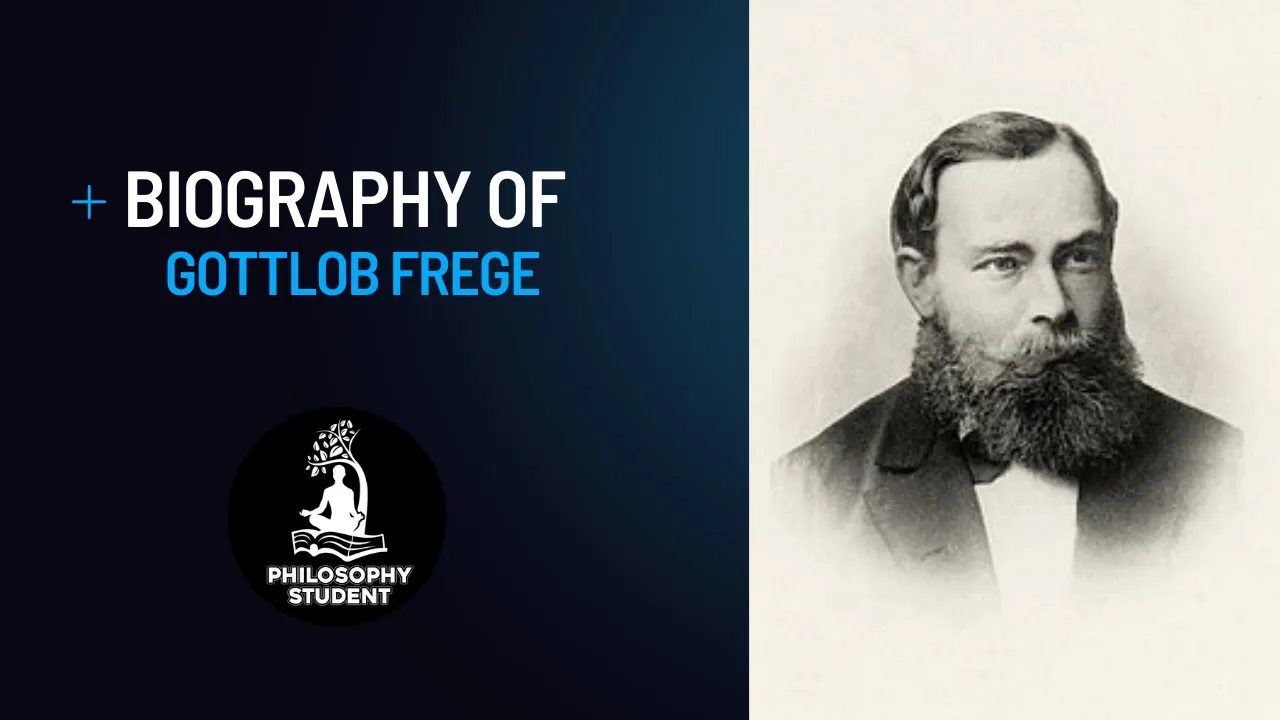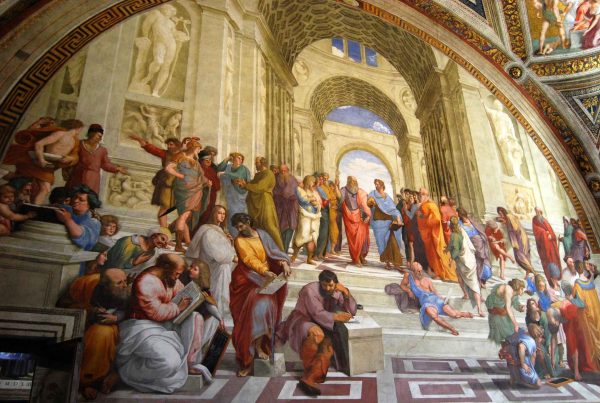Gottlob Frege was a mathematician, logician, and philosopher who may be deemed the father of modern logic and analytic philosophy. More than any other figure of the late nineteenth century and early twentieth, Frege defined an approach to logic radically different from the Aristotelian tradition that had held sway in antiquity and since the rediscovery of Aristotle in the Middle Ages.
Frege invented modern quantificational logic, in which symbols are used to create a fully axiomatic system of logic. As Frege injected mathematics deeply into logic and analytical philosophy, so he injected logicism into the philosophy of mathematics, arguing that mathematical truths are logical truths rather than psychological or formal truths. Frege did not abandon the philosophy of language, however, but developed a theory of meaning based on a distinction between the sense and the reference of linguistic expressions. In the history of philosophy, Frege is frequently cited as the founder of analytic philosophy, which he regarded as an alternative to prevailing German Idealism. To this day, the mainstream of philosophy is divided—often rancorously—between Continental philosophy (German Idealism, phenomenology, existentialism, structuralism, post-structuralism, and the like) and analytic philosophy (emphasizing formal logic, mathematics, and aspects of linguistics).
Frege was born on November 8, 1848 in Wismar, Germany. After study in the Wismar Gymnasium, Frege enrolled at the University of Jena in 1869, studying chemistry, philosophy, and mathematics. After his fourth semester, he transferred to the University of Göttingen, where he studied mathematics, physics, and the philosophy of religion. He received his Ph.D., having written a dissertation titled “On a Geometrical Representation of Imaginary Figures in a Plane,” and became a lecturer at the University of Jena in 1874. He spent his entire academic career there.
In 1879, Frege published Concept-Script: A Formula Language for Pure Thought Modeled on That of Arithmetic, which presented his new method for constructing a logical language. His purpose was mainly to demonstrate that all the truths of arithmetic could be derived from purely logical axioms, an argument he presented in his 1884 Foundations of Arithmetic. He went on to attempt to derive the basic laws of arithmetic within his logical language, but, by the late 1880s and early 1890s, he turned to developing theories concerning the nature of language, functions and concepts, and philosophical logic. These were published in such articles as “Function and Concept” (1891), “On Sense and Reference” (1892), and “On Concept and Object” (1892).
Frege’s new linguistic insights prompted him to revise, in 1893, his work on logic and the foundations of mathematics as Basic Laws of Arithmetic. Here he introduced his new logical language and applied it to the definition of the natural numbers and their properties. His aim was to make this the first of a three volume work; in the second and third volumes, he would move on to the definition of real numbers, and then on to demonstrations of their properties.
Like much of his work, Basic Laws of Arithmetic met with incomprehension from his contemporaries. Nevertheless, he published a second volume of Basic Laws at his own expense in 1902. The book was not yet off the press when he received a letter from Bertrand Russell, who had devised a proof of a contradiction in the logical system of the first volume of Basic Laws. “Thunderstruck,” as he put it, Frege wrote an appendix to the second volume in response to Russell. He then went on to write on the logical foundation of Geometry (1903-1906) but suffered a fallow period and retired from teaching in 1918. He wrote several works on thought before returning in 1924 to the foundations of arithmetic—this time based on Kant’s notions of pure intuitions of space. He died, on July 26, 1925, before he published on this departure from logic.




































